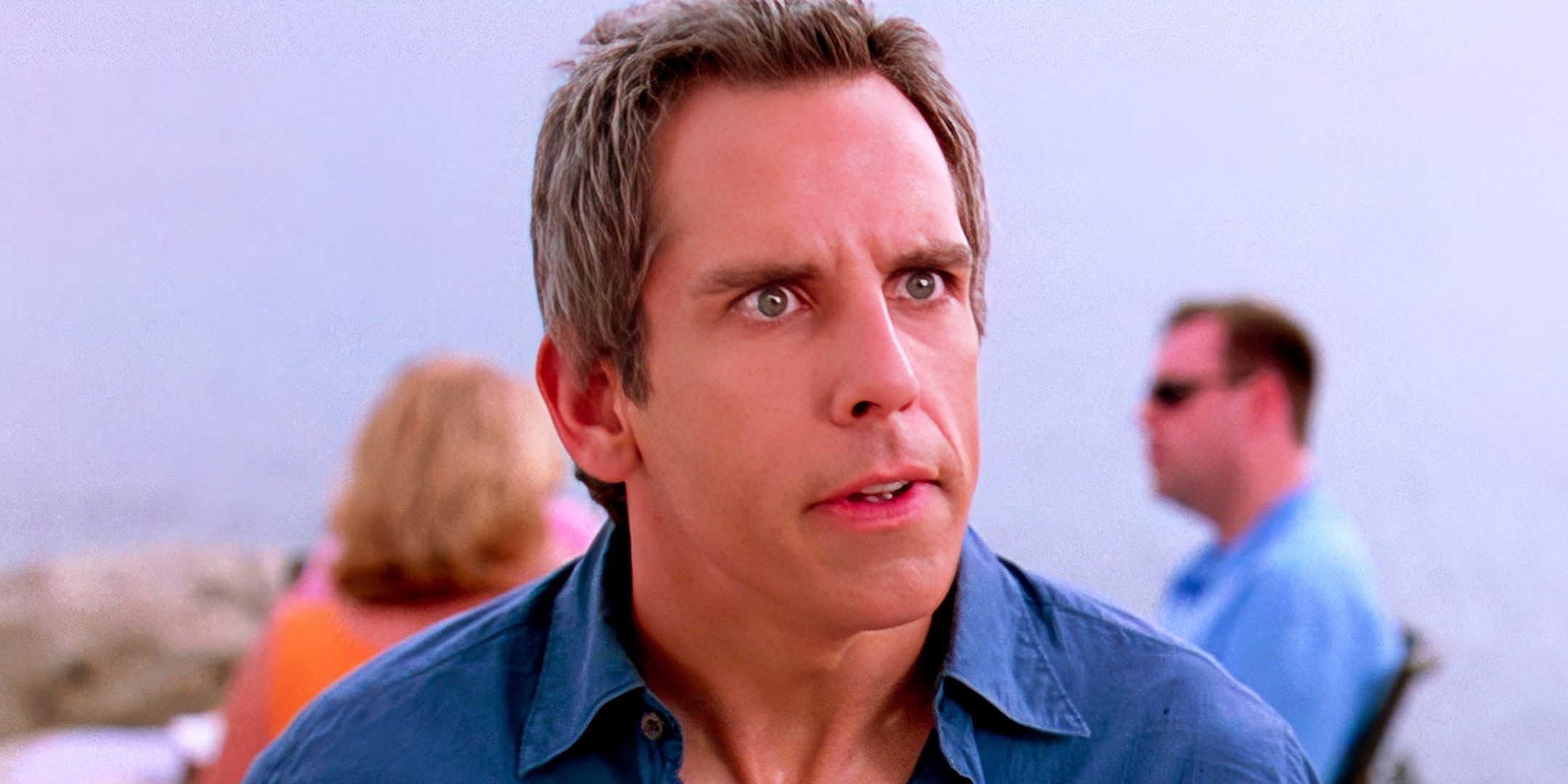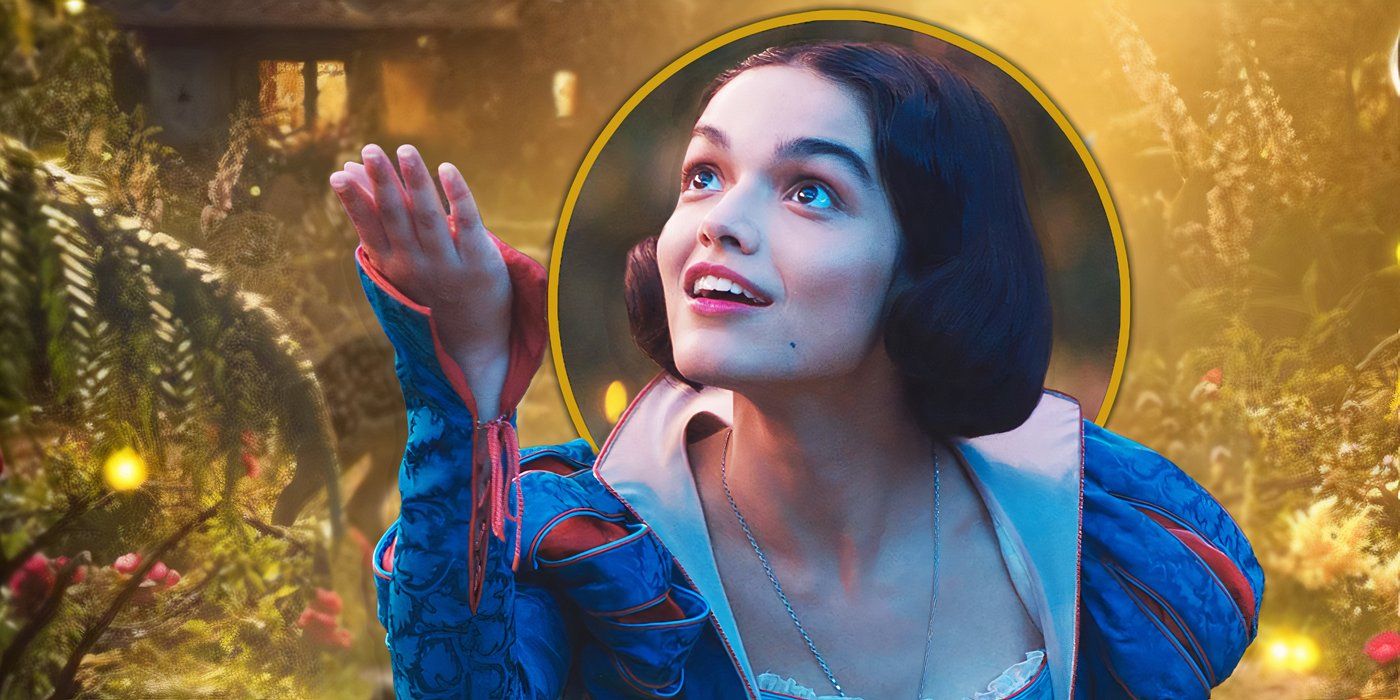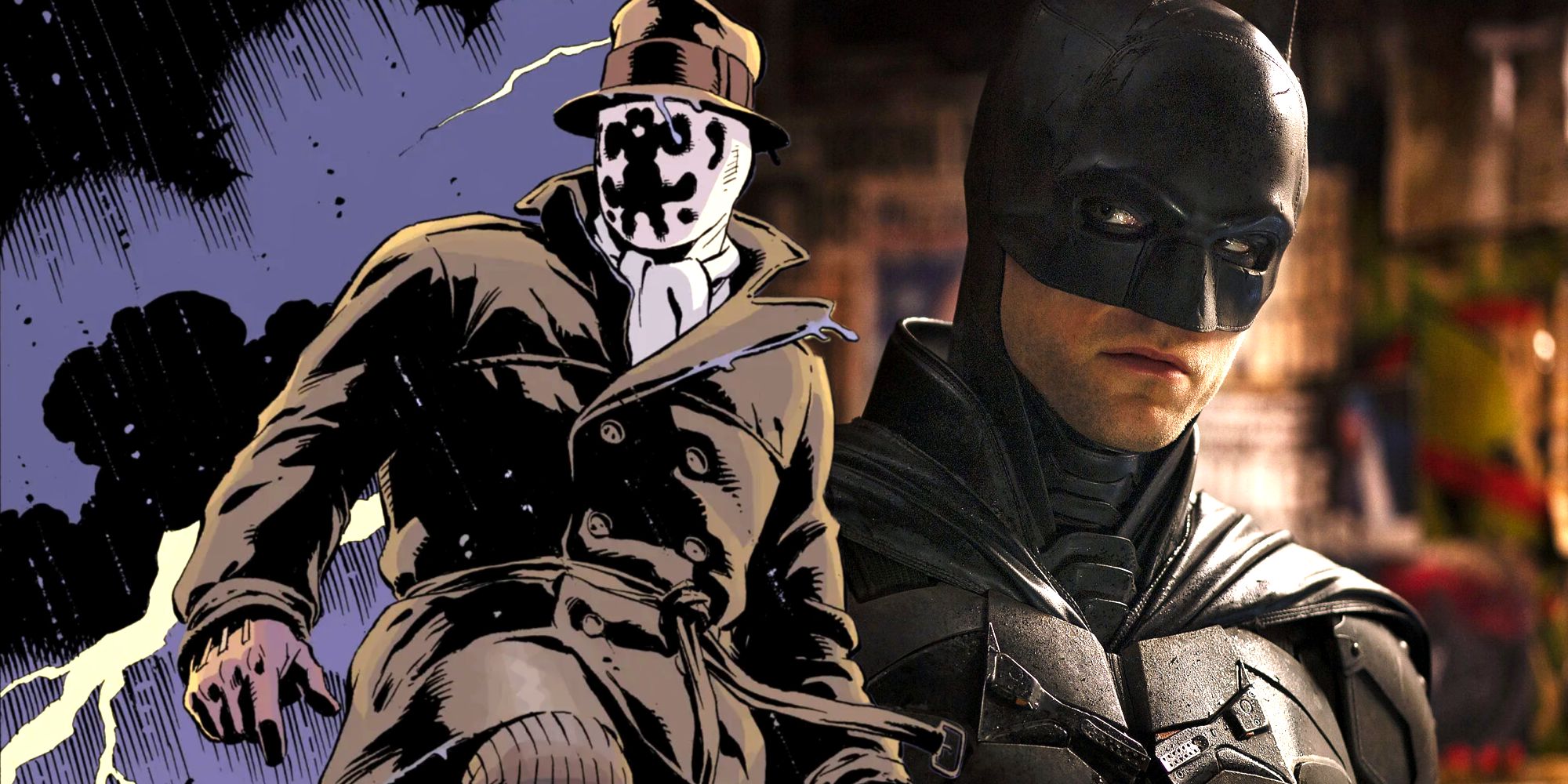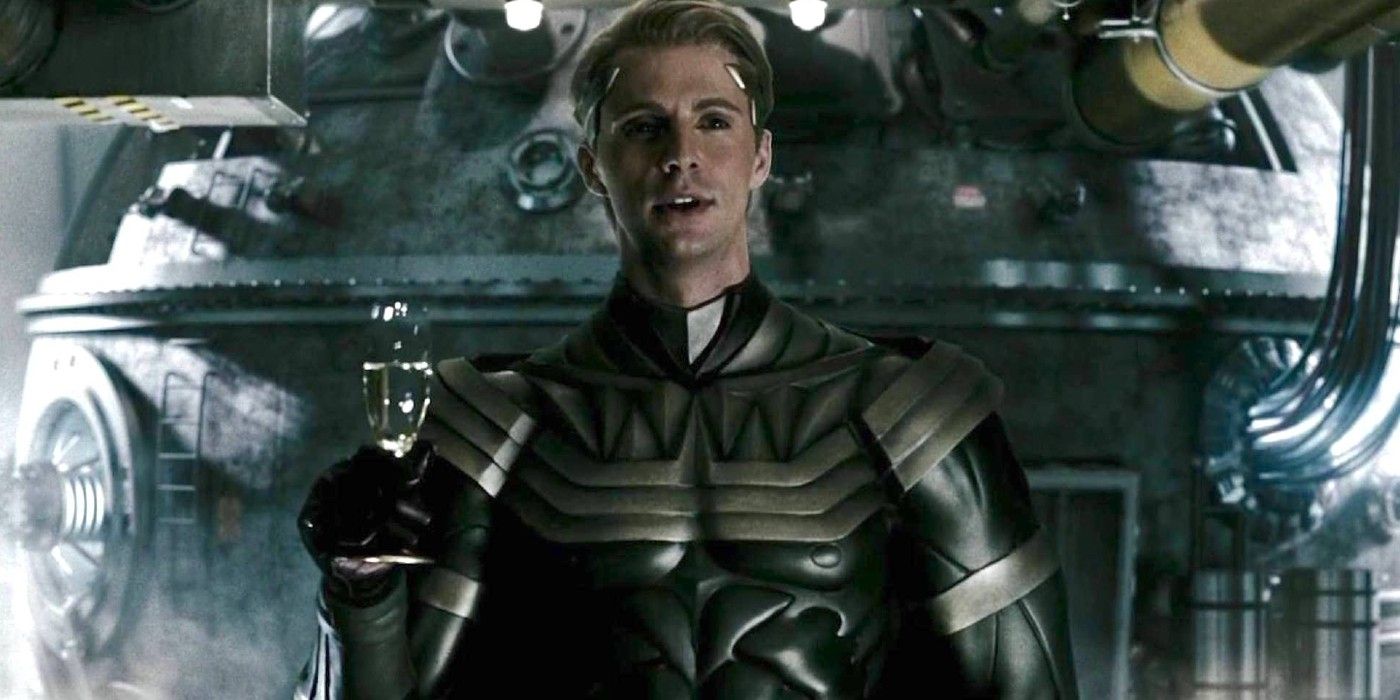Related
In a controversial take , Watchmencreator Alan Moore states that superhero moving picture were always for minor , not adults , and condemns the advanced culture surrounding the fandom . Moore is the acclaimed author behindcomics such asWatchmen , V for Vendetta , The League of Extraordinary Gentlemen , Swamp Thing , andBatman : The Killing Joke . In most of his body of work , even for DC , Moore is well - known for presenting ambitious themes , including fascism , mental unwellness , and the occult .
Since his extrusion in the ' 80s and ' 90s , Moore slowly moved aside from comics , advert the mainstream cultivation as a important factor ; the author has not produced a comic in over five long time , or else focusing on prose fabrication . His distaste for superhero culture at large extends to moving picture and TV , as well , generally opt to withdraw himself from adaptations of his body of work . Therefore , Moore is a unswerving advocator of keeping his name attached entirely to his comics projects , famously getting into dispute with DC and filmmakers like Lana Wachowski , despite the massivefinancial success of the MCUand the DCEU .
have-to doe with : The Batman Fits Snyder ’s Watchmen Vision Far More Than BvS Ever Did

Over a decade after verbalize concern about the state of superhero fandom , in a new interview withThe Guardian , Moore says superheroes were never supposed to entertain adult . Although he take some of the incrimination for his contributions to the genre in the ' 80 and ' ninety , creating titles with more adult themes , he clarifies that superheroes were always point at young boys . Referencing the grownup queues to seeBatmanfilms , he calls that sort of infantilization dangerous and a potential precursor to fascism . match out the full quote below :
Hundreds of K of adults [ are ] lining up to see characters and situation that had been created to entertain the 12 - yr - one-time boy – and it was always boys – of 50 age ago . I did n’t really think that superheroes were adult fare . I consider that this was a misinterpretation born of what happened in the 1980s – to which I must put my hand up to a considerable share of the blame , though it was not designed – when things like Watchmen were first appearing . There were an awful lot of newspaper headline suppose ‘ comedian Have grow Up ’ . I incline to think that , no , comics had n’t grown up . There were a few titles that were more adult than hoi polloi were used to . But the bulk of comics titles were pretty much the same as they ’d ever been . It was n’t comics growing up . I guess it was more comics meet the emotional historic period of the audience coming the other style .
I said round about 2011 that I thought that it had serious and troubling import for the future if meg of adults were queueing up to see Batman movies . Because that form of infantilisation – that urge on towards simple times , simpler realities – that can very often be a precursor to fascism .

How Moore’s Superhero Movie Criticism Is Different From Other Public Figures
TheWatchmenwriter ’s statement attributing adult superhero fandom to the rise of fascism is a complex theory to raise , but likewise unsurprising , given Moore ’s political standing as an nihilist and interest in magical occultism . Of course , the popularity of superhero media has been rising far before certain political outcome occurred ; on the other hired hand , people with political beliefs contrary to Moore ’s occasionally bear symbols of characters such as Batman and the Punisher , represent their vigilante views . But whilethe unconventionalWatchmenwritercondemns grown - up interest in superheroes , most adult in all probability keep a passionate amusement for the tumid - than - life characters they roll in the hay during their childhoods .
say Next : Where to Watch Watchmen
germ : The Guardian



